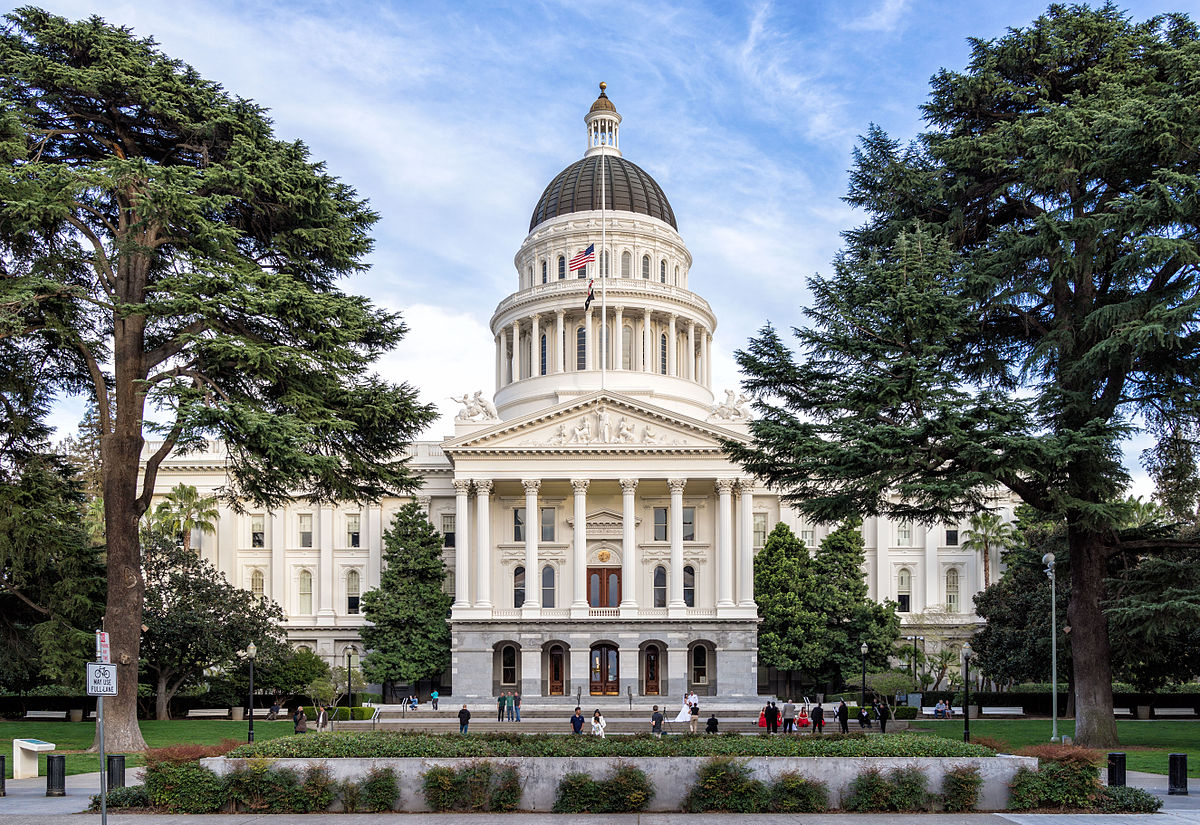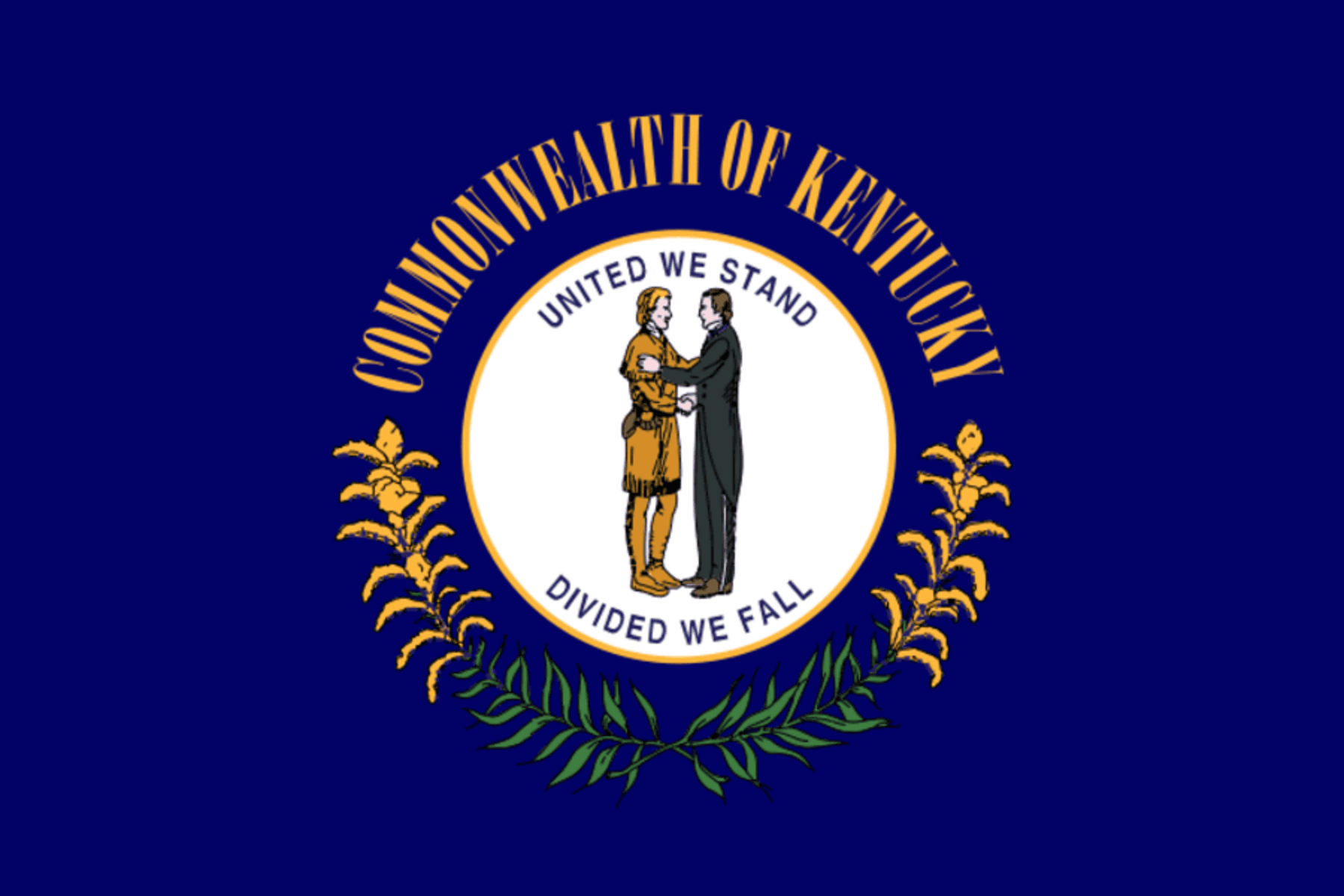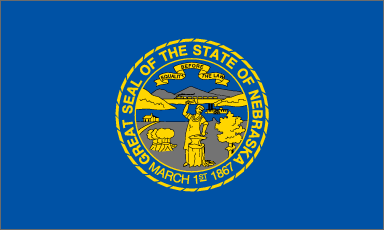Category: State
-
Changes to the California Children’s Services Program could be on the November ballot

The campaign behind an initiative to change the eligibility requirements for the California Children's Services (CCS) Program and authorize the program to cover the costs of life-saving specialty drugs submitted signatures on May 9. The total count of raw signatures submitted was not available on May 9. In California, the number of signatures required for…
-
Oklahoma adds Barclays as restricted business

Oklahoma Treasurer Todd Russ (R) announced on May 3 that Barclays boycotted fossil fuel companies under the state’s legal definition and was therefore restricted in its ability to do business with the state. Ballotpedia tracks support for and opposition to the environmental, social, and corporate governance (ESG) investing movement. To learn more about arguments for,…
-
Pennsylvania Senate approves bill establishing process for reporting refusals to work (2024)

The Pennsylvania State Senate on May 1 passed Senate Bill 1109, which proposes establishing a process for employers to report refusals to work to the Pennsylvania Department of Labor and Industry (DLI). The bill would also codify DLI definitions of misconduct that would disqualify a person from claiming unemployment benefits (such as refusals to work…
-
54.96% of state legislators are Republican, 44.41% Democratic

At the end of April 2024, 54.96% of all state legislators in the United States are Republican while 44.41% are Democratic. There are 7,386 state legislative seats in the country. Republicans held a majority in 56 chambers, and Democrats held the majority in 39 chambers. Two chambers (Alaska House and Alaska Senate) were organized under…
-
All candidates for Kentucky House of Representatives District 76 Democratic primary complete Ballotpedia's Candidate Connection survey

All three candidates running in the May 21, 2024, Democratic primary election for Kentucky House of Representatives District 76 — Joshua Buckman (D), Anne Donworth (D), and James Palumbo (D) — completed Ballotpedia’s Candidate Connection survey. These survey responses allow voters to hear directly from candidates about what motivates them to run for office. Here are the candidates’…
-
State supreme court vacancy count for April 2024

In this month's state supreme court vacancy update, Ballotpedia tracked announced retirements, nominations, appointments, confirmations, and swearings-in of justices from April 1 to April 30, 2024. Ballotpedia tracks court vacancies in all 52 state supreme courts. Announced retirements: Ann Walsh Bradley announced on April 11, 2024, that she would retire from the Wisconsin Supreme Court…
-
California committee advances bill proposing unemployment benefits for striking workers (2024)

The California Senate Labor, Public Unemployment and Retirement Committee advanced Senate Bill 1116 on Apr. 24, which proposes allowing workers to claim unemployment insurance benefits after striking for two weeks. The bill now heads to the Senate Committee on Appropriations for further consideration. California lawmakers passed similar legislation in 2023, but Gov. Gavin Newsom (D)…
-
Three states — Idaho, Illinois, and Pennsylvania — have fewest number of state legislative incumbents retiring since 2010

So far, in 2024, Ballotpedia has processed candidate filing information for congressional offices in 23 states. We also have data for 27 state legislative chambers across 14 states. We've looked at 2,614 total races so far — about 44% of the ~6,000 races we anticipate covering in 2024. Looking at retirements across the state legislatures,…
-
Oklahoma voters to decide constitutional amendment to allow for public infrastructure districts within municipalities

The Oklahoma State Legislature passed a constitutional amendment to create a process for establishing public infrastructure districts within municipalities. Voters will decide on the amendment on Nov. 5, 2025. Public infrastructure districts would be governed by a Board of Trustees, which would have the authority to levy a special assessment of up to 10 mills…
-
Nebraska bill removing voting rights restoration waiting period for people convicted of a felony passes without governor’s signature

On April 17, 2024, Nebraska’s LB 20 became law without the signature of Gov. Jim Pillen (R). The bill changes the timeline for restoring voting rights to people convicted of a felony by removing a two-year waiting period after the completion of a sentence before rights are restored. Under the new law, voting rights are…

